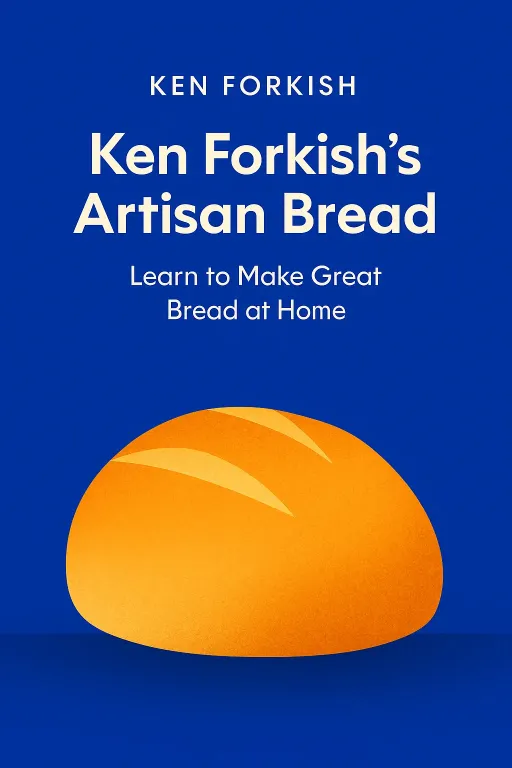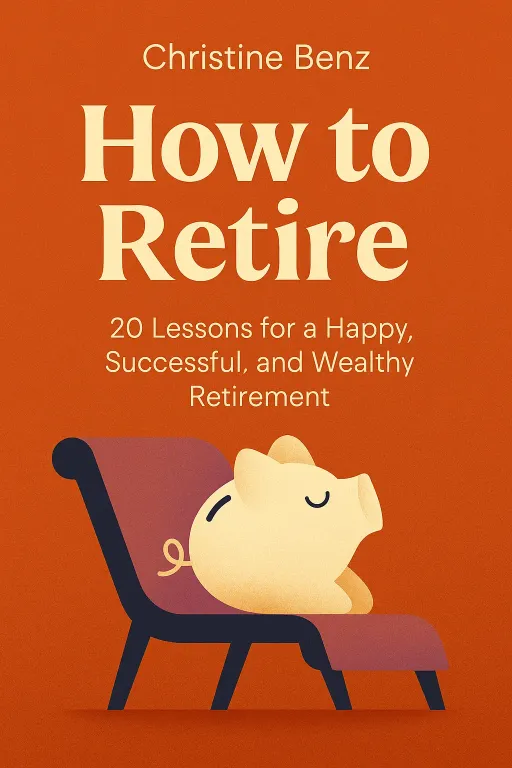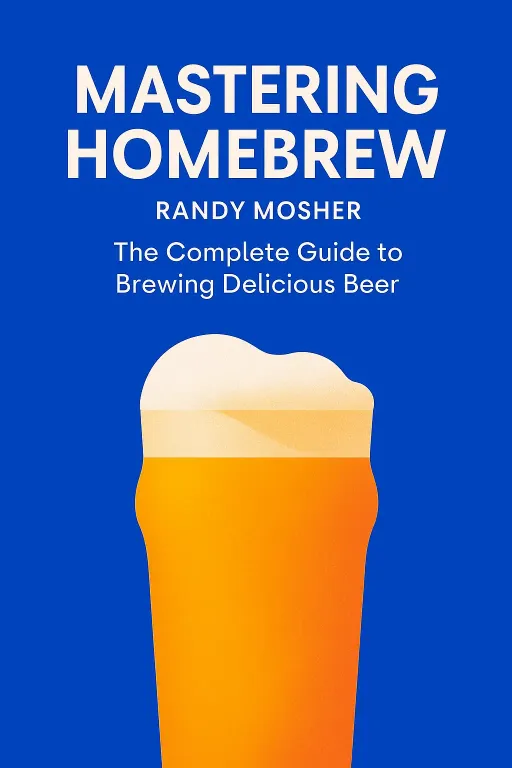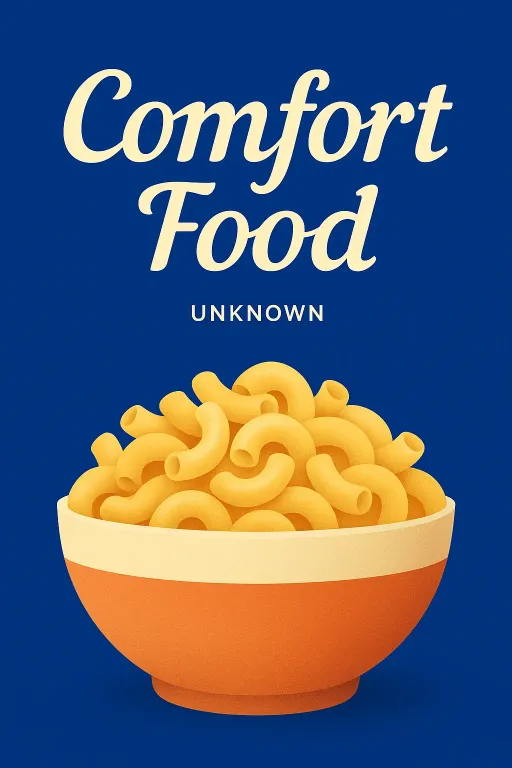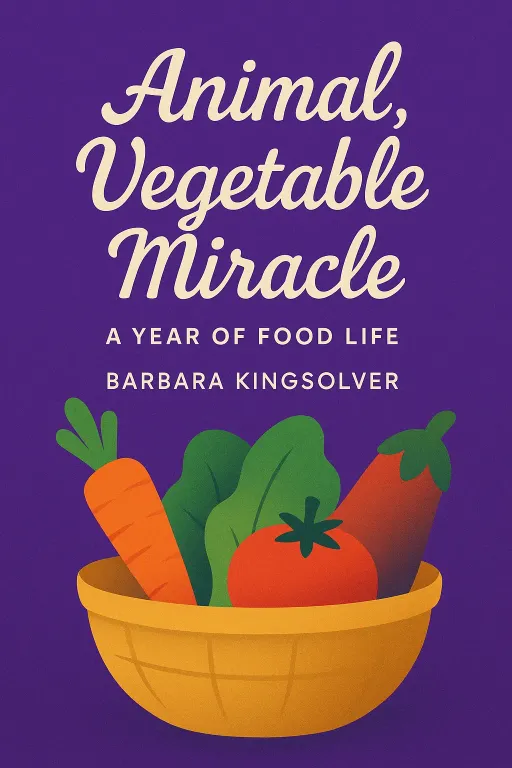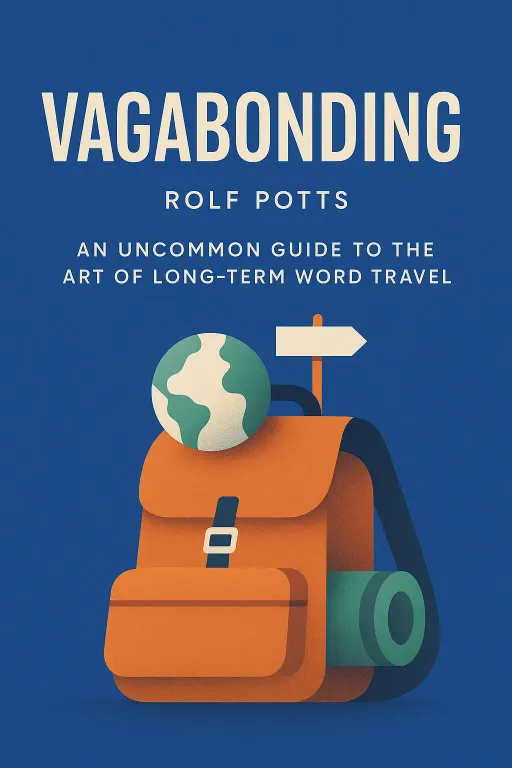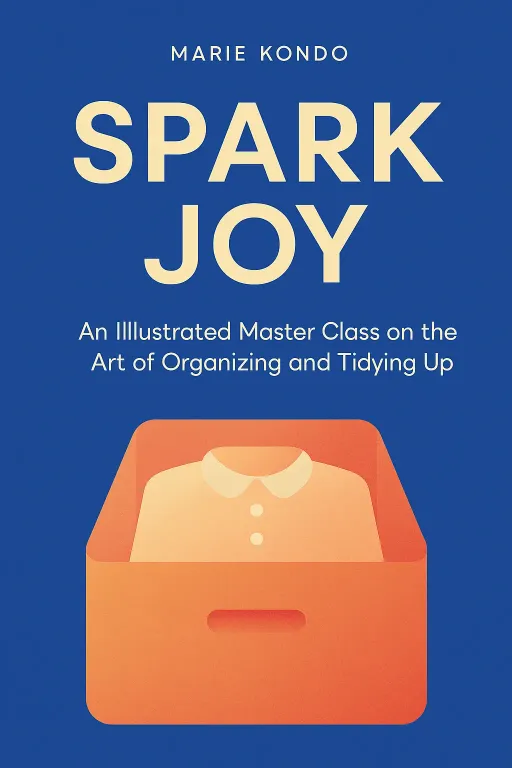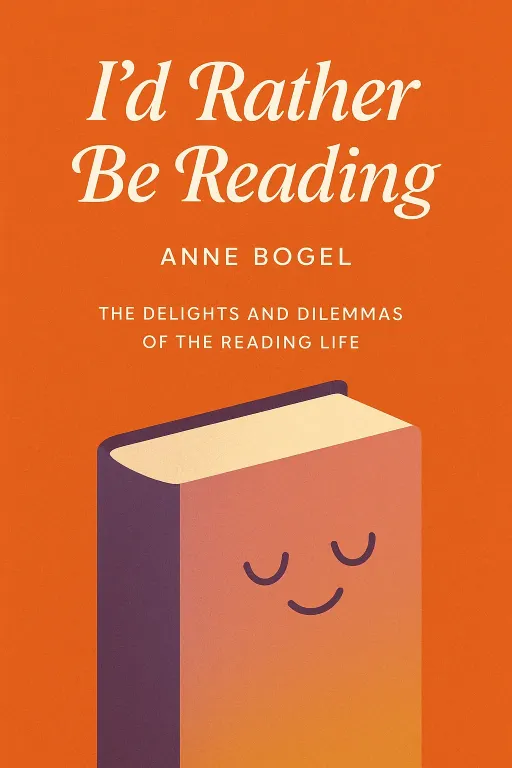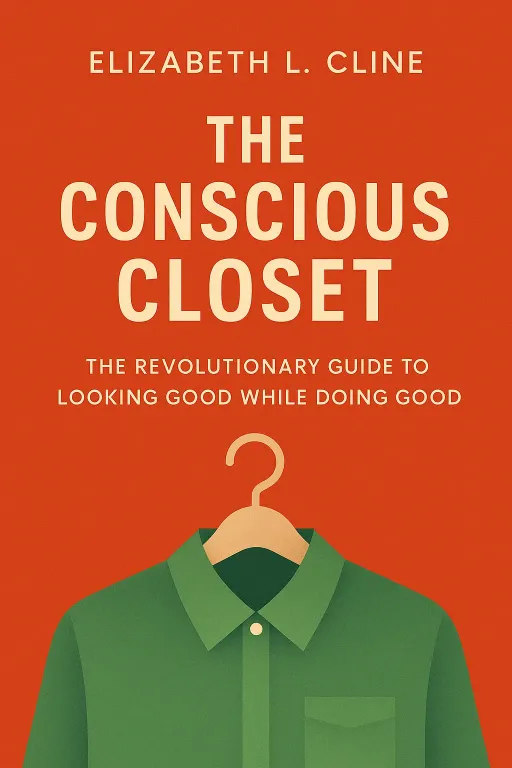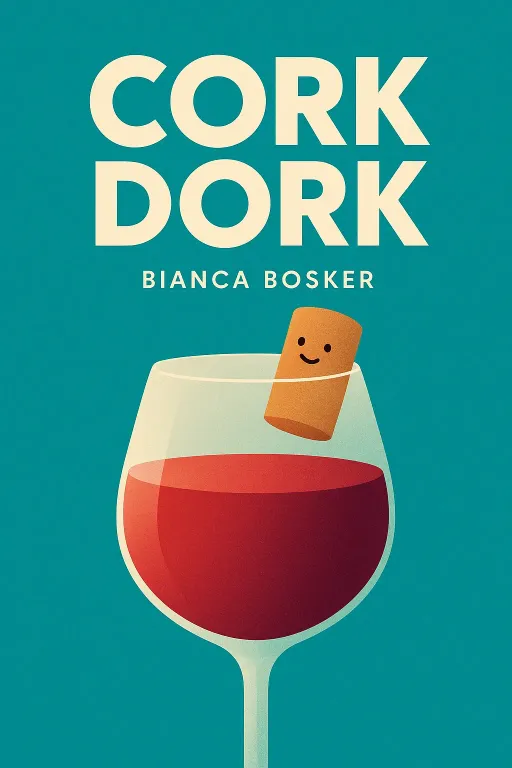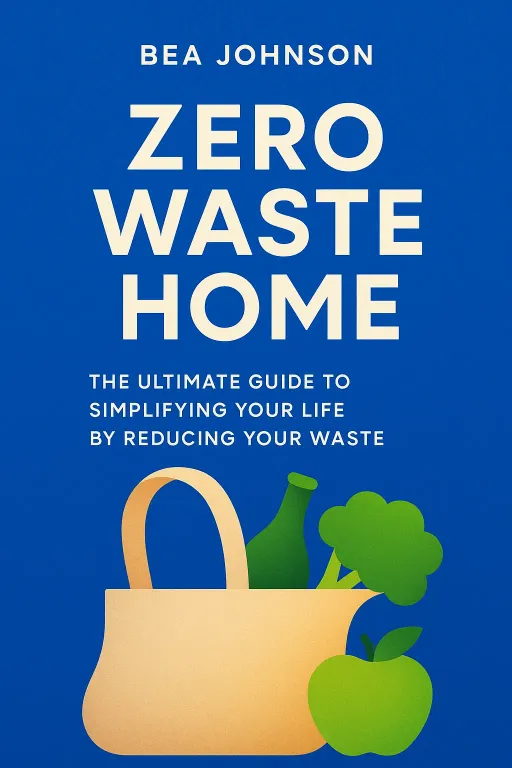
Zero Waste Home
10 minThe Ultimate Guide to Simplifying Your Life by Reducing Your Waste
Introduction
Narrator: Imagine a family of four living the quintessential American dream in a sprawling 3,000-square-foot suburban home. They have an SUV, two large refrigerators, and a three-car garage filled with possessions. Yet, amidst this abundance, a sense of emptiness grows. The life they built feels sedentary and materialistic, centered on maintaining things rather than experiencing life. Now, picture that same family a few years later. Their entire yearly output of trash fits into a single quart-sized jar. This isn't a fantasy; it's the real-life transformation that author Bea Johnson documents in her groundbreaking book, Zero Waste Home: The Ultimate Guide to Simplifying Your Life by Reducing Your Waste. The book serves as the roadmap for this radical shift, detailing a journey away from hyper-consumerism and toward a life of purpose, simplicity, and sustainability.
The Emptiness of the Consumer Dream
Key Insight 1
Narrator: Bea Johnson’s journey did not begin with a passion for environmentalism, but with a disillusionment with modern success. She and her husband, Scott, had achieved what many strive for: a large house in Pleasant Hill, California, filled with all the requisite belongings. However, they found their lives consumed by the maintenance of these possessions. Weekends were spent on yard work and home upkeep, and they felt a growing sense of unfulfillment. A friend visiting their home once asked, "How many sitting areas does one home need?" The question struck a chord, highlighting the absurdity of their accumulated, yet unused, space.
The turning point came when they decided to relocate to Mill Valley, a town that prioritized walkability and community over sprawling properties. They moved into a small, temporary apartment with only the bare necessities, placing 80 percent of their belongings in storage. A surprising thing happened: they didn't miss their stuff. In fact, life became richer. Their weekends were suddenly free for hiking, biking, and exploring. They discovered that experiences, not possessions, were the true source of happiness. This realization was the catalyst for their transformation. They sold off most of their stored belongings, embracing a new family motto: "What we did not truly use, need, and love had to go." This initial act of simplification paved the way for a deeper exploration of conscious living and, ultimately, the zero-waste lifestyle.
The 5 R's as a Guiding Philosophy
Key Insight 2
Narrator: At the heart of Johnson's method is a simple but powerful five-step hierarchy: Refuse, Reduce, Reuse, Recycle, and Rot. Crucially, these are listed in order of importance. While most people focus on recycling, Johnson argues it is a last resort—an "aspirin, alleviating a rather large collective hangover . . . overconsumption." The real power lies in the first R: Refuse.
This principle is about preventing waste from entering the home in the first place. It means saying no to freebies at conferences, single-use plastics like straws and bags, and junk mail. Johnson illustrates this with a personal story about attending The Green Awards. She won an award that came with a heavy glass globe trophy. In the excitement of the moment, she accepted it. Her son Max was thrilled, but after a few months, the trophy was just another object collecting dust. Realizing it served no purpose, Johnson asked Max if they could send it back to the organizers to be reused for the next winner. He agreed. They kept the memory and the grant money that came with the award, but refused the long-term burden of the physical object. This story perfectly captures the essence of refusing: it’s not about deprivation, but about consciously choosing what holds true value and rejecting what is merely clutter.
A Systematic Overhaul of the Household
Key Insight 3
Narrator: Applying the 5 R's is not an abstract concept but a practical, room-by-room overhaul. The kitchen, often the epicenter of household waste, is the first target. Johnson’s family transitioned from buying packaged goods to shopping in bulk, bringing their own reusable jars and cloth bags to the store. They began making things from scratch, like mustard and yogurt, not out of a sense of extreme ideology, but to avoid disposable packaging. This shift reconnected them with their food and saved them a significant amount of money—nearly a third off their grocery bill.
The bathroom presented another challenge, filled with plastic bottles and disposable products. Johnson’s journey here was one of trial and error. She recounts experiments with homemade mascara that resulted in "raccoon eyes" and a baking soda shampoo that left her hair frizzy. However, these failures led to successes. She discovered that a simple bar of soap could replace bottled body wash and shaving cream, and a menstrual cup was a life-changing, waste-free alternative to disposable products. A particularly telling experiment was with Band-Aids. When the family ran out, they simply decided not to buy more, instead washing small cuts with soap and letting them air-dry. They discovered they didn't really need them. This process of questioning every item's necessity is fundamental to systematically eliminating waste from the home.
Reclaiming Life from Materialism
Key Insight 4
Narrator: The zero-waste philosophy extends far beyond the trash can; it reshapes how one experiences life, particularly around cultural traditions steeped in consumerism. Johnson shares a powerful story of her family's Christmas transformation. In their previous life, Christmas was a frantic, competitive event. She would spend months buying gifts, crafting elaborate decorations, and planning huge feasts, all in an effort to outdo the previous year and create the "best Christmas ever." The result was stress, debt, and a mountain of discarded wrapping paper and unwanted trinkets.
After embracing a zero-waste lifestyle, the holiday frenzy naturally subsided. By refusing to participate in the cycle of overconsumption, they opened up time for more meaningful traditions. They shifted their focus from gifts to experiences. Instead of a pile of presents under the tree, they might gift a trip or a special outing. Decorations became simple and natural, like a string of popcorn or a bowl of pinecones. The family reconnected with the true meaning of the holiday: togetherness and genuine cheer. This demonstrates that the zero-waste lifestyle is not about taking things away, but about making room for what truly matters. It’s about filling life with experiences, not stuff.
The Power of Individual Action to Drive Systemic Change
Key Insight 5
Narrator: While the journey begins at home, Johnson argues that its impact must extend into the community and the broader economy. She advocates for becoming a proactive consumer, using purchasing power as a vote for a more sustainable world. One of her most effective tactics is the "active discard." When her family is left with a piece of non-recyclable trash, like a plastic cork from a wine bottle, she doesn't just throw it away. She mails it back to the manufacturer with a polite letter explaining her desire for a sustainable alternative. This direct feedback has yielded real results, influencing companies to switch from plastic to cardboard packaging or from paper to digital directories.
Looking to the future, Johnson envisions a society where waste is viewed not as a problem, but as a valuable resource and an economic opportunity. She points to organizations like Emmaüs in France, a charity that collects, repairs, and resells donated goods, creating jobs and demonstrating the profitability of resource recovery. Data supports this vision: recycling creates ten times more jobs per ton of material than landfilling. This shift requires individuals to demand change, but also for businesses and governments to create the infrastructure for a circular economy.
Conclusion
Narrator: The single most important takeaway from Zero Waste Home is that simplifying your life by reducing waste is not an act of deprivation, but one of profound liberation. It frees up your finances, your time, and your mental space, allowing you to focus on what truly brings you joy and fulfillment. Bea Johnson's journey proves that a life based on experiences rather than possessions is not only better for the planet, but also richer and more meaningful for the individual.
The book leaves us with a powerful challenge: to look at our own trash can not as a final destination, but as a starting point. What does its contents say about our lives, our habits, and our priorities? By embracing the principles of Refuse, Reduce, and Reuse, we can begin to see that we are not just passive consumers, but powerful agents of change, capable of redesigning our lives and, in the process, helping to build a more sustainable world.
